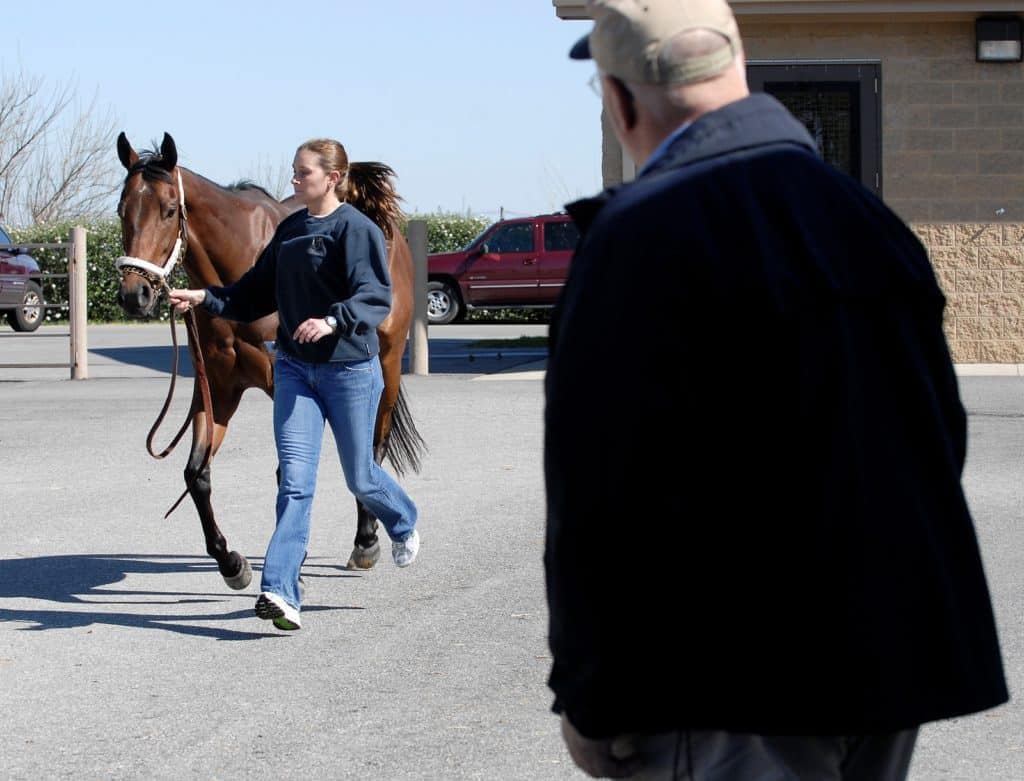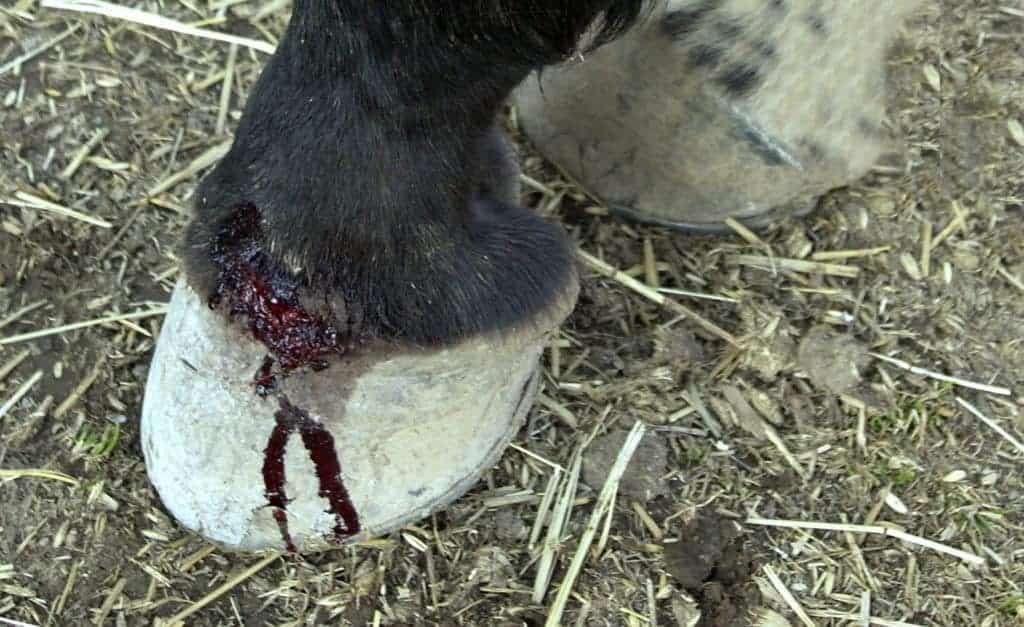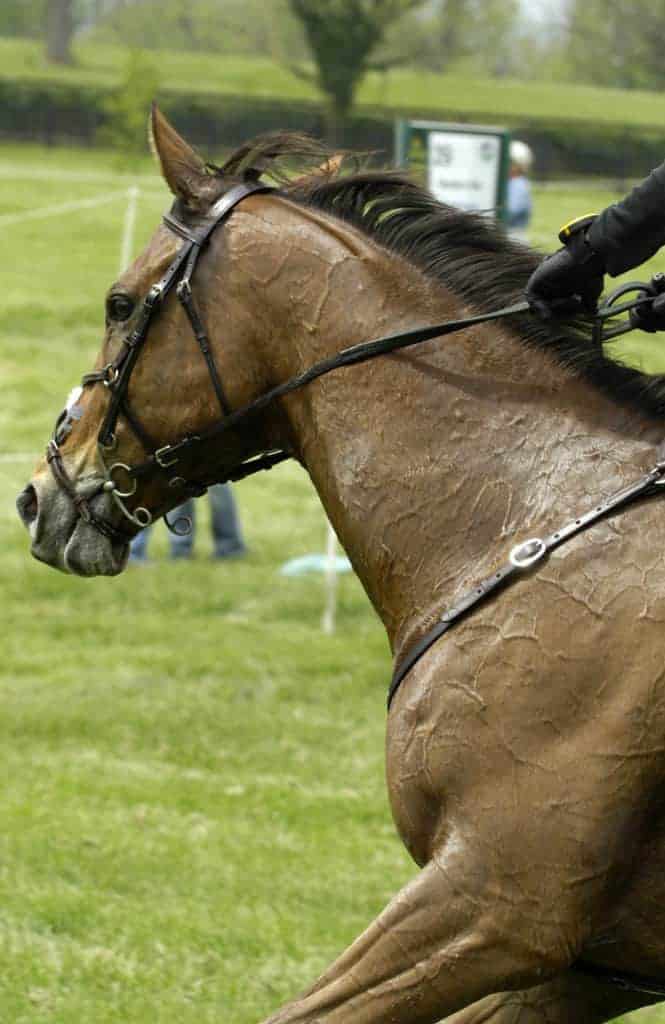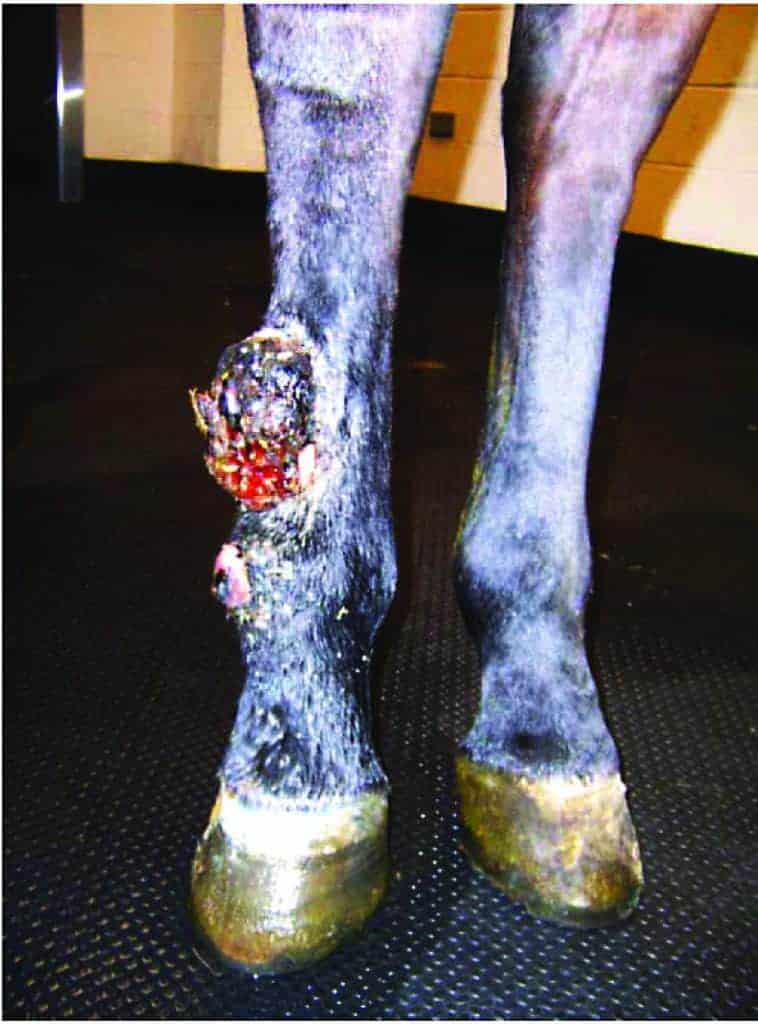
Understanding Breeding Soundness Exams for Stallions
Breeding soundness exams should include a physical exam, a genitalia exam, a libido exam, and a semen exam.
News and issues for equine health professionals

Breeding soundness exams should include a physical exam, a genitalia exam, a libido exam, and a semen exam.
The London Fire Brigade donated the horse as a thanks for large animal handling training the RVC provides.

A team of French researchers might be hot on the trail to genomic evaluation of performance.

One researcher relayed that it could be possible to identify horses at risk for injury before accidents occur.

Adams hopes to better understand why EMS occurs and to find a safe and effective way to treat the disease.

Sleep deprivation is an important, but not fully understood, equine health condition.

In recent years, a deadly disease–hendra virus–has been making waves in the Australian equine industry.

Using cooled-shipped semen to breed mares is a common practice, but not all spermatozoa tolerate cooling well.

Treatment of mares with oral gallium nitrate significantly reduced fecal concentrations of virulent R. equi.

Hyperbaric oxygen therapy might benefit horses with certain injuries or illnesses; more research is needed.

Colic survival rates have improved greatly over the years, but timely treatment and diligent aftercare still a
Until recently, owners and vets considered equine dental floating the most important aspect of dental care.

Fluphenazine, a human antipsychotic drug, has drawbacks that often preclude its use in horses.

Delayed wound closure involves suturing wounds four to five days after injury.

Researchers recently assessed the feasibility of functional electrical stimulation in roarers.

Equine wounds need to be managed carefully to prevent the development of exuberant granulation tissue.
Stay on top of the most recent Horse Health news with
"*" indicates required fields